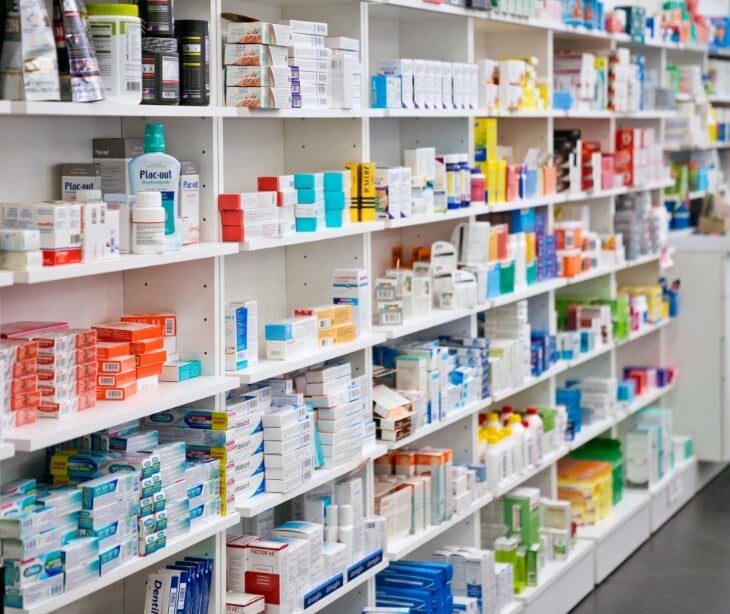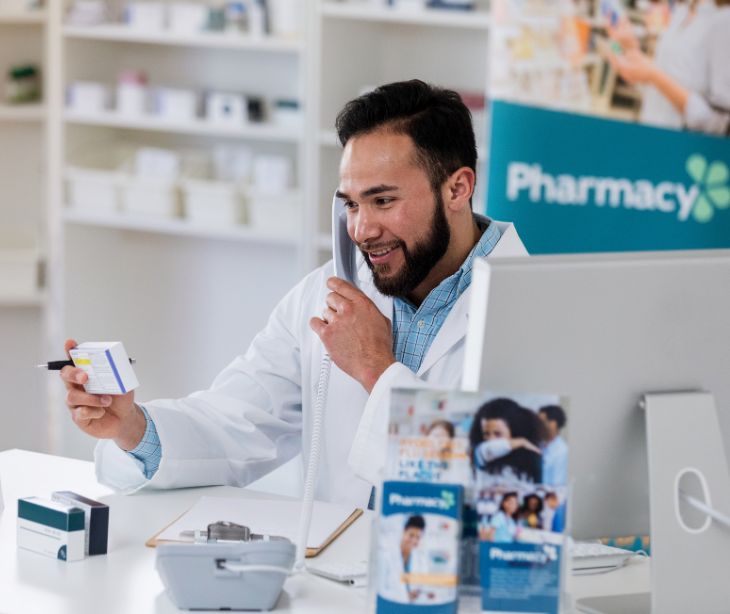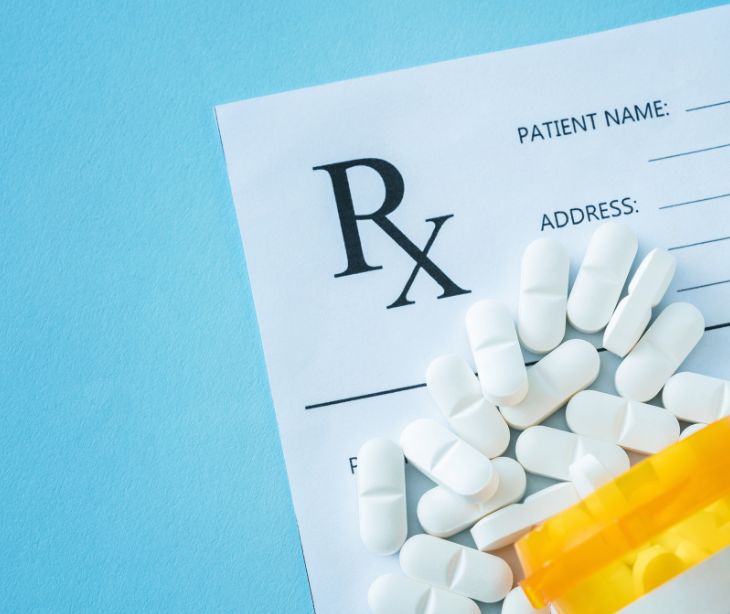
The need for information sharing in pharmacies is addressed early in ‘Community pharmacy: an untapped patient data resource’ published in the Integrated Pharmacy Research and Practice. The study states, “While information technology systems are central to the provision of medicine-based services, recording the drug-related problems and actions to address them is also important as it enables the pharmacist to plan their activities and monitor the outcomes. The routine recording of pharmacist interventions also enables frequently occurring prescription-related errors to be identified and fed back to the prescriber to improve patient care.”
When a patient visits a pharmacy, the information they share, ranging from prescription details to personal identifiers, is considered PHI if it is held by a covered entity such as a pharmacy that electronically transmits health information. Pharmacies, as covered entities, are legally bound to implement administrative, physical, and technical safeguards to protect this sensitive information from unauthorized access or breaches.
While HIPAA covers information that pharmacies collect as part of their healthcare operations, data generated outside of these covered interactions, like over-the-counter purchases or patient-generated health data shared informally, may not fall under HIPAA’s protective umbrella. It creates a situation where some information shared in a pharmacy setting is protected, while other data, particularly that collected by third-party apps or non-covered entities, may not be.
Are pharmacies subject to HIPAA?
Pharmacies in the United States are indeed subject to HIPAA regulations, but this applicability hinges on their status as covered entities under the law. HIPAA defines covered entities broadly to include health plans, healthcare clearinghouses, and healthcare providers who transmit any health information electronically in connection with certain transactions. Pharmacies fall within this definition because they routinely engage in electronic transactions related to prescriptions, billing, and insurance claims. This means that they must comply with HIPAA’s Privacy Rule, Security Rule, and Breach Notification Rule.
According to a chapter from StatPearls ‘Health Insurance Portability and Accountability Act (HIPAA) Compliance,’ “To improve compliance, healthcare teams must adopt a multifaceted approach. Physicians, advanced practitioners, nurses, pharmacists, and support staff need robust training in HIPAA principles, including secure data transmission, mobile device protocols, and breach prevention.”
It should be noted that some pharmacies or pharmacy-related businesses may not qualify as covered entities if they do not engage in electronic transactions covered by HIPAA or if they operate outside the traditional healthcare framework. For example, a retail pharmacy’s over-the-counter sales or loyalty program data may not be subject to HIPAA, as these transactions do not involve PHI in the regulatory sense. Nonetheless, pharmacies that process prescription data electronically are unequivocally subject to HIPAA and its enforcement mechanisms.
How pharmacies collect and use data
Pharmacies collect a wide array of data during the course of their operations, encompassing both personal identifiers and detailed health information. Another study published in Integrated Pharmacy Research and Practice, ‘Big data in pharmacy practice: current use, challenges, and the future’ notes, “Pharmacists need to utilize data involving allergies, drug dosing, safety and efficacy, therapeutic uses, monitoring parameters, patient demographics, and adverse effects.”
This data collection occurs at multiple touchpoints. When patients present prescriptions, during insurance billing, through medication therapy management, and increasingly via digital platforms such as online refill requests or mobile health apps.
The use of this data extends beyond mere transaction processing. Pharmacies employ collected information to verify patient identity, check for drug interactions, provide counseling, and comply with regulatory requirements. Pharmacies may use data to improve service quality, conduct medication adherence programs, and participate in public health initiatives. Data analytics can help identify patterns of opioid misuse or track vaccination rates within a community.
Pharmacies also share data with pharmacy benefit managers (PBMs), health plans, and other healthcare providers to coordinate care and process claims. These exchanges are governed by HIPAA and require business associate agreements to ensure that third parties uphold privacy and security standards.
The common data privacy risks associated with pharmacy visits
Common risks include unauthorized access due to inadequate access controls, data breaches resulting from cyberattacks or lost devices, improper disclosures by staff, and vulnerabilities in third-party vendor relationships. These risks are exacerbated by the complex ecosystem of data exchanges involving pharmacies, pharmacy benefit managers, insurers, and technology providers.
There was a case in the Texas health system that faced a $4.3 million penalty after multiple breaches involving stolen unencrypted devices containing electronic protected health information (ePHI) of over 33,500 individuals. Another notable incident involved a healthcare facility that mistakenly faxed a patient’s HIV-related medical records to the patient’s employer instead of the authorized personal address, resulting in a $387,000 settlement and showing the risks of human error in handling sensitive information.
The exceptions and gray areas in HIPAA’s coverage of pharmacies
Information related to over-the-counter (OTC) medication purchases, loyalty programs, or consumer health products sold in pharmacies often does not qualify as PHI under HIPAA, leaving such data less protected.
A JAMA study, ‘HIPAA and Protecting Health Information in the 21st Century’ that addressed the matter of HIPAA and data privacy in covered entities, like pharmacies, “The increasing availability of information generated outside health care settings, coupled with advances in computing, undermines the historical assumption that data can be forever deidentified.”
This introduces another gray area as patient-generated health data and information collected through digital health applications that pharmacies may interface with but do not control. Since HIPAA protections are tied to specific healthcare relationships, data collected by third-party apps or wearable devices, even if shared with pharmacies, may not be covered.
Related: HIPAA Compliant Email: The Definitive Guide (2025 Update)
FAQs
Can third-party apps or wearable devices access pharmacy records?
Only if a patient explicitly grants permission. When patients link an app to the pharmacy’s patient portal, the app developer may pull prescription lists or appointment reminders.
What steps should the pharmacy take if it suspects a data breach?
The pharmacy must investigate promptly, contain any unauthorized access, and notify affected patients within 60 days of discovering a breach involving unsecured PHI. IT teams should implement stronger security measures, and pharmacy leadership should file a complaint with the HHS Office for Civil Rights if HIPAA rules appear violated.
How does the pharmacy inform patients about its privacy practices?
Upon first registering a patient, the pharmacy provides a Notice of Privacy Practices (NPP) outlining what data it collects, how it uses and shares information, and patient rights under HIPAA. If the pharmacy updates its policies, it must post the revised NPP online and offer paper copies upon request.
Can the pharmacy use patient data for marketing purposes?
Only with explicit, written patient authorization. General health-related reminders, like flu shot notifications, do not count as marketing under HIPAA. However, any promotional offers (vitamin discounts, loyalty program pitches) require a separate signed consent, and the pharmacy must honor revocation if a patient withdraws permission.
How long does the pharmacy retain patient records?
State regulations vary, but most pharmacies keep records, both paper and electronic—for two to ten years after the patient’s last interaction. Once the legal retention period ends, records must be securely destroyed or deidentified.
Subscribe to Paubox Weekly
Every Friday we bring you the most important news from Paubox. Our aim is to make you smarter, faster.




